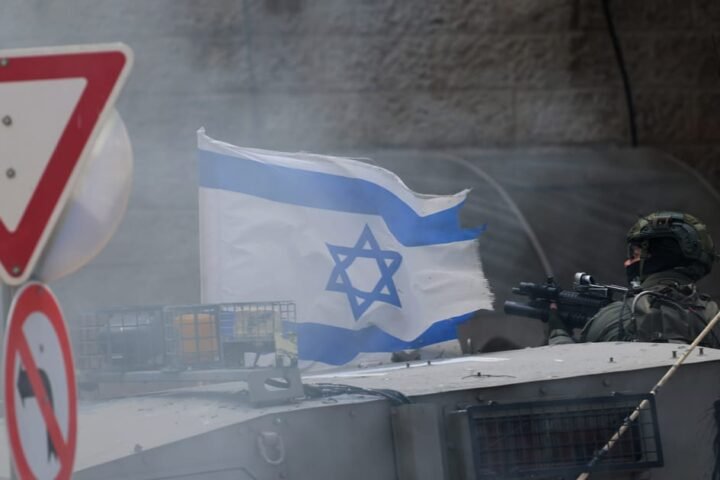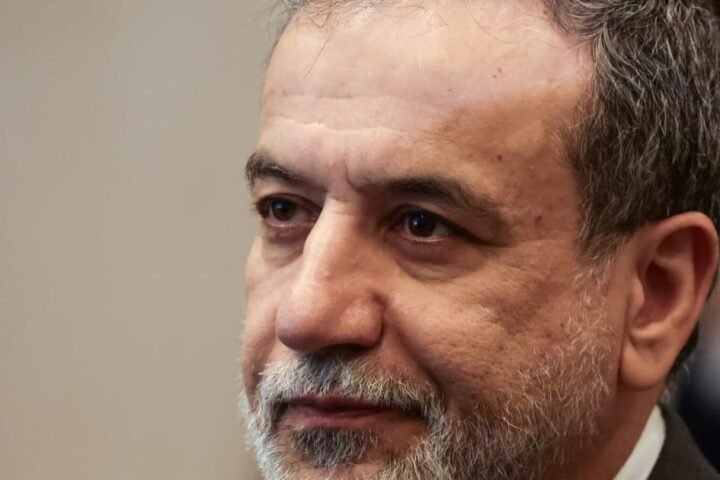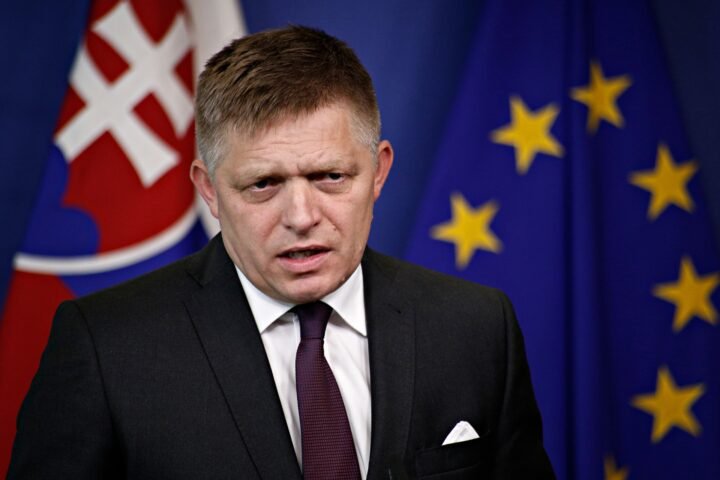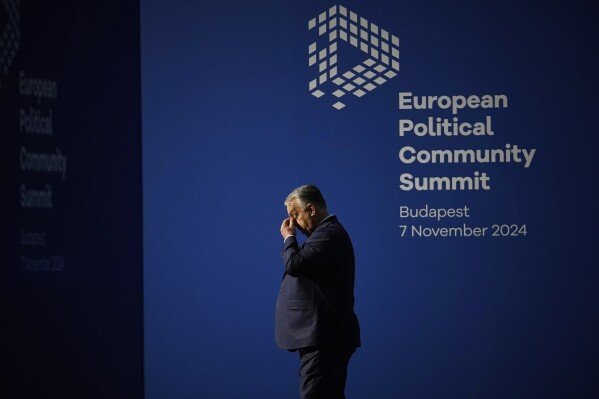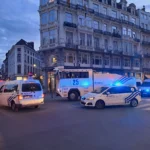Wednesday marks exactly fifty years since the fall of Saigon, the event that signalled the end of the Vietnam War and the reunification of the country under communist rule. On April 30, 1975, North Vietnamese troops captured the southern capital, prompting the collapse of the US-backed South Vietnamese government.
A divided Vietnam
The roots of the conflict go back to the 1940s when communist resistance fighters began pushing back against French colonial rule. After France’s withdrawal, Vietnam was divided in 1954 into a communist north and a pro-Western south under American influence. Tensions continued to simmer until they erupted into full-scale war in the 1960s, drawing in over half a million US troops. The war ultimately claimed the lives of around three million Vietnamese and some 60,000 American soldiers.
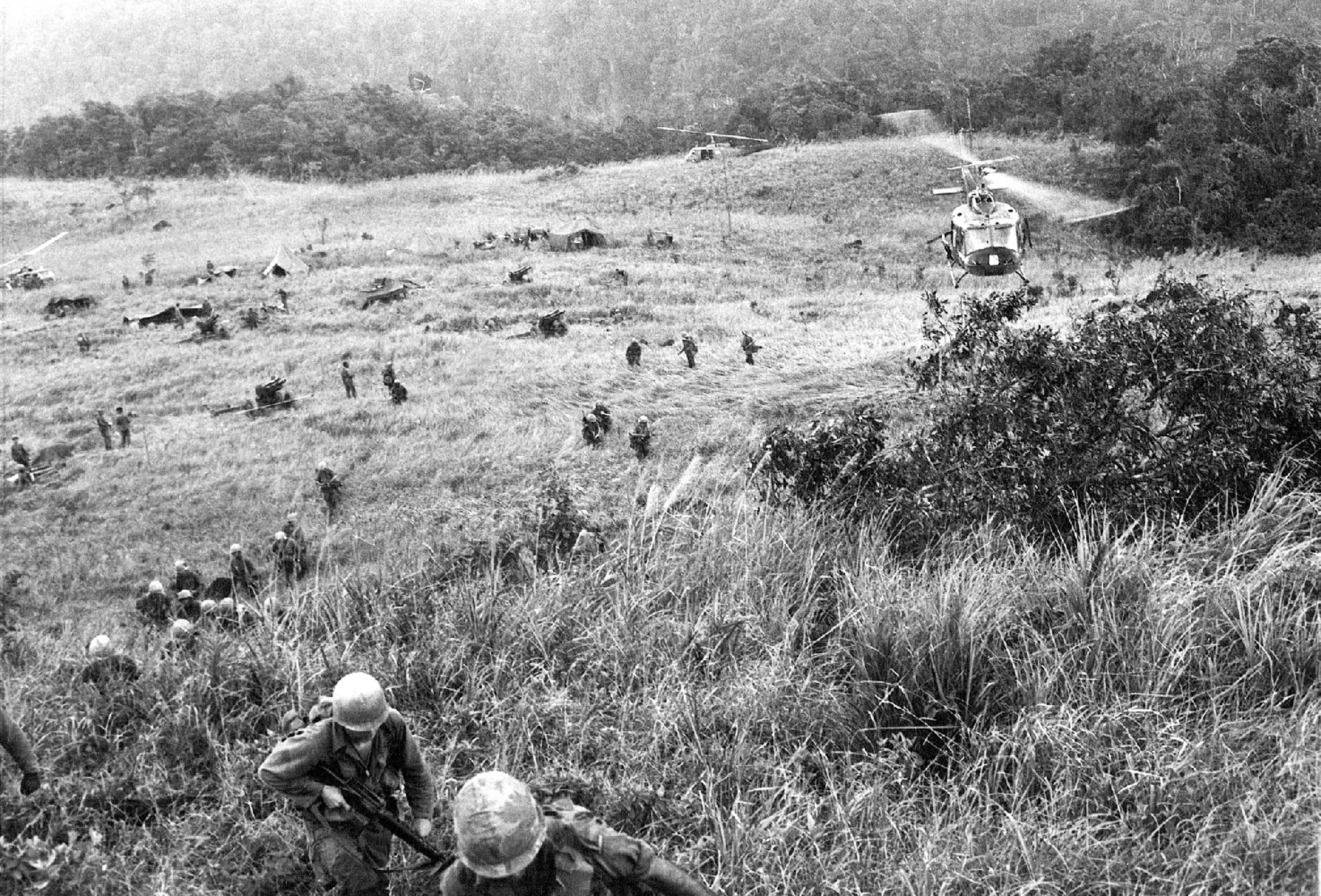
Protests against the brutality
A key turning point came in August 1964, when US President Lyndon B Johnson ordered bombing raids and later sent in ground troops following an alleged attack on a US ship in the Gulf of Tonkin. The war’s brutality shocked the world: the US military deployed napalm and the toxic defoliant Agent Orange, which devastated both the environment and public health. Between 1961 and 1971, an estimated 74 million litres of Agent Orange were sprayed across Vietnam and parts of Laos and Cambodia.
The Vietnam War was also the first major conflict to unfold nightly on television screens in the US, fueling massive protests. Public opinion turned sharply after the 1968 Tet Offensive, a large-scale surprise attack by communist forces. US troops responded with force, culminating in atrocities such as the Mỹ Lai massacre, where some 500 civilians were killed. The massacre sparked nationwide student protests, some of which ended in deadly confrontations with authorities.
Peace agreement and fall of Saigon
That same year, Richard Nixon was elected US president on a promise to end the war. A peace agreement was signed in Paris in 1973, and American troops withdrew soon after. However, the promised free elections never took place. North Vietnamese forces continued their advance and captured the South by April 1975.
The chaotic final hours of Saigon produced iconic images. Thousands of South Vietnamese crowded around the US embassy, hoping for evacuation. In the end, the city fell with little resistance and was renamed Ho Chi Minh City in honor of the late revolutionary leader, who had died in 1969.
Fifty years later
Today, Vietnam will commemorate the anniversary with large celebrations, including a military parade in Ho Chi Minh City that began Tuesday evening. More than 8,000 prisoners, including 25 foreigners from nine countries, have been granted amnesty. However, human rights group Human Rights Watch warns that Vietnam remains “a police state,” where people are jailed “for exercising their basic rights.”
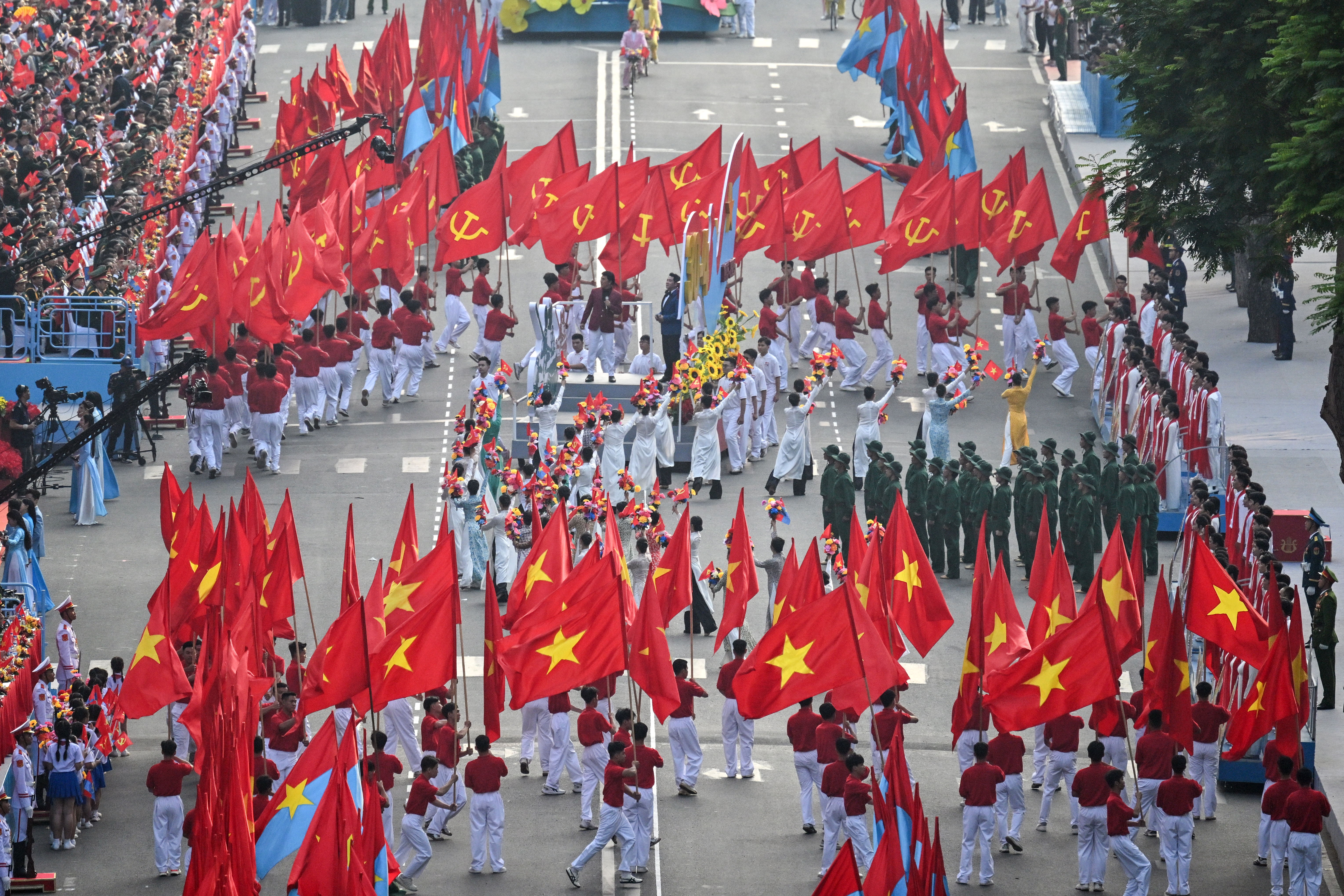
Belgium’s contribution
The legacy of the war remains visible, especially with regard to the use of Agent Orange. Fifty years later, Vietnamese children are still being born with severe birth defects. The toxic chemicals are believed to have affected DNA across generations. Some areas remain uninhabitable due to lingering contamination. Belgium holds a special link to the issue: in 2023, it became the first country to adopt a parliamentary resolution in support of Agent Orange victims.
In 2022, Vietnam invited several companies to test decontamination methods on a former airbase. The Belgian firm Haemers Technologies delivered the most effective results, using a thermal technique to vaporise and incinerate toxins at 1,200°C. Foreign governments, including the US support the clean-up effort, although funding has declined sharply since US president Donald Trump slashed USAID’s budget. Vietnam is now seeking new sources of international support.

